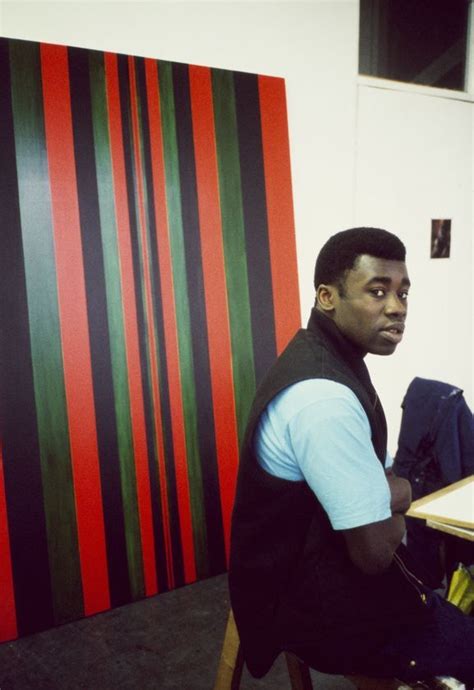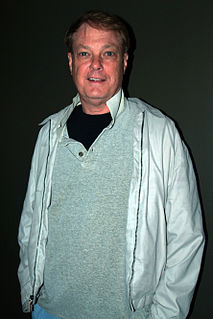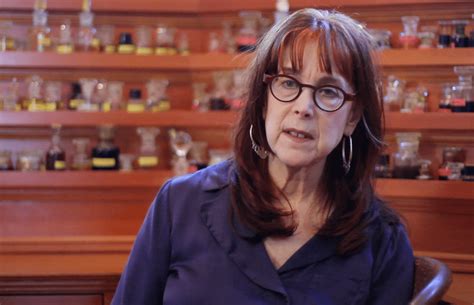A Quote by Lenny Abrahamson
I'm interested in discontinuities and interruptions, people having to rewrite the narrative of their lives because of sudden changes.
Quote Topics
Related Quotes
We separate problems with the brain into neurological and psychiatric, and it's because it's stigmatised still. Mental illness is still stigmatised. Imagine if we treated people with cancer like that. Just because your personality changes and your behaviour changes, all of a sudden you are put in a different category.
Some people's lives seem to flow in a narrative; mine had many stops and starts. That's what trauma does. It interrupts the plot. You can't process it because it doesn't fit with what came before or what comes afterward. A friend of mine, a soldier, put it this way. In most of our lives, most of the time, you have a sense of what is to come. There is a steady narrative, a feeling of "lights, camera, action" when big events are imminent. But trauma isn't like that. It just happens, and then life goes on. No one prepares you for it.






































